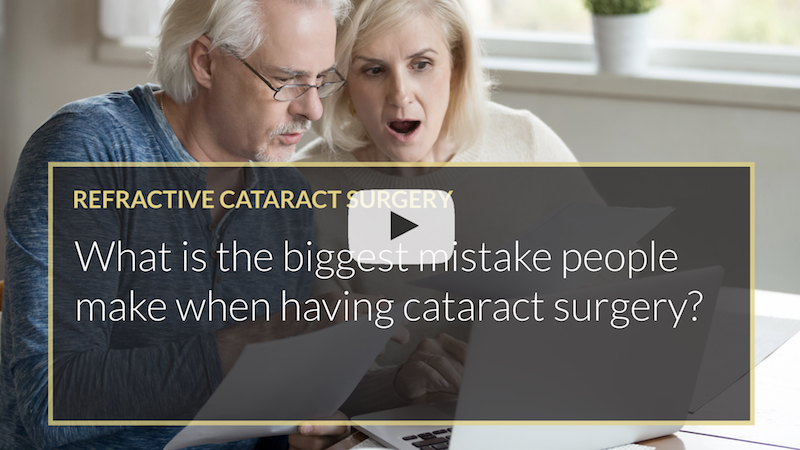Presbyopia - what is it?
Presbyopia is a reduced ability of the eye’s natural lens to focus at near.
Presbyopia occurs naturally with increasing age and is typically noticed as we enter our mid-40s.
Near vision becomes more blurred, and we hold material further away to read it. Soon afterwards, we may need to start using reading glasses.

Presbyopia causes
The eye’s lens can change shape, allowing it to focus light on the retina. It adjusts depending on where the light is coming from. If the light is far away, the lens becomes thin. If the light is near, the lens becomes thick. This process is called accommodation and is strongest in early life.
However, the lens’ ability to change shape declines over time because of a natural loss of elasticity. Presbyopia is the result of these changes and is noticed when we reach our 40’s and 50’s. This is why reading glasses become necessary – they provide the extra focusing power required to see near objects.
Presbyopia also results from cataract surgery where a monofocal lens implant is used.
Diagnosis & Treatment
To diagnose presbyopia, we perform a clinical examination, reading vision assessment and refraction test (a measurement of the eye’s ability to focus).
This enables us to determine how advanced the presbyopia is and the strength of your prescription.
The most appropriate treatment option for you will depend on several factors. These include:
spectacle prescription, clinical examination findings, age, job, hobbies, any other eye conditions or issues
Glasses and contact lenses
Presbyopia is usually treated by opticians in the first instance by the use of prescription reading glasses.
Some patients decide to use multifocal contact lenses, or single vision contact lenses with one eye focused for distance and the other eye focused for near (also known as monovision).
After a while, some patients grow weary of needing reading glasses or find them very inconvenient and seek a surgical option to provide good vision for distance and close-up without the need for glasses. This is where Prof Muhtaseb can help.
Refractive lens exchange (RLE)
Treatment options will typically include refractive lens exchange (RLE) with a choice of lens implants.
By understanding your lifestyle requirements, Prof Muhtaseb is able to explain the various lens implant options and the benefits of each. By involving you fully in the decision-making process, he will recommend a personalised treatment plan.
Presbyopia - Frequently Asked Questions
Patients that undergo cataract surgery with a monofocal lens implant also need to use reading glasses to see clearly at near distances. We can reduce this dependence on reading glasses by opting for a multifocal lens implant at the time of initial surgery.
When the natural lens becomes cloudy with time, this is called a cataract. During cataract surgery, the natural lens is removed and replaced with a clear plastic lens.
This new lens is monofocal and is best able to focus light on the retina from one distance. Spectacles are then required to see clearly at other distances.
Usually, patients like to see clearly in the distance and use spectacles for intermediate (computers, painting, sheet music) and near (reading) work. However, there are some exceptions.
If you are considering cataract surgery or refractive lens exchange, but don’t want to rely on glasses to read afterwards, you should consider the choosing a ‘premium’ lens to reduce your reliance on glasses for reading and other ‘near vision’ activities. Such lens implants include multifocal and accommodating lenses.
Multifocal Intraocular Lenses (mIOL’s) employ new technology that mimics the ability of the eye’s natural lens to adjust its shape and so focus light. They create focal points for light coming from far, intermediate and near objects.
It is not usual to implant a different type of IOL in each eye. The eyes most commonly receive the same kind of lens, although we treat each case individually, and we will advise you with your best interests in mind.
Depending on your unique requirements, the same mIOL may be used for both eyes, or we may suggest a “mix-and-match” approach to mIOL implantation.
If you have astigmatism, we must correct this visual error before or after we implant the multifocal lenses. There are several ways of doing this.
With trifocal, toric form lenses, we can correct your astigmatism in addition to giving you good distance and reading vision. This is all done in one operation and avoids multiple surgeries with higher expenses.
The lens is adorned with lines that mark the axis of astigmatism correction. This allows us to place the lens in exactly the correct orientation in the eye that allows you to enjoy full visual potential at both far and near without glasses.
Medical treatment does not generally carry a guarantee. However, the likelihood that you will need glasses for near work are greatly reduced with a multifocal IOL compared to a standard lens. The vast majority of patients can see well at all distances without using glasses. However, some people may need to wear spectacles for some tasks, such as using a computer, reading for prolonged periods or driving at night.
No medical intervention is suitable for everyone. The overall health of your eyes, your visual requirements, expectations for postoperative vision, and other factors will inform the decision regarding suitability.
Astigmatism may need to be corrected before mIOL implantation, depending on the examination findings.

Download our cataract guide
Discover the number one mistake patients make when choosing cataract surgery
When might you need our treatment?

You’re over 45 and would love to read again without glasses
Unfortunately, reading glasses or varifocals get in the way of many of the things you most enjoy. Yes, spectacles help, but they are annoying little appendages that you lose or must clean to see clearly.

Your vision is yellowing, duller, and cataracts are forming.
The effect on your life can vary from being slightly frustrating, through to significantly affecting your ability to function independently, or even causing a devastating reduction in vision.
Patient stories
With over 6300+ surgeries performed hear from just a few of my happy patients.
It’s been incredibly liberating to wake up in the morning and be able to see without reaching for my glasses.
I can go any anywhere and see anything near and far. I can see now as well as I could when I was 18 years of age which is incredible and I’m looking forward to clear vision for the rest of my life.
“No. 1 – My advice would be do it. No. 2 – See Mohammed if you can. I made the decision to not go down the NHS route because I wanted to see the best consultant – probably in the UK… It was absolutely worth it… because you can’t really put a price on your sight.”
“I don’t wear glasses at all now. I don’t need them. I was impressed by his professionalism, his calmness. He explained everything clearly and in layman’s language… I would say to anyone considering treatment: just do it. Don’t be afraid of it. It’s painless and it works.”
“I can’t speak highly enough of (Prof Muhtaseb). Nothing was too much trouble, you could phone anytime, day or night. I wish I had done it when I first started wearing reading glasses and just gone to Prof Muhtaseb then and got it done. I would do it all over again, but do it much faster.”
“I would definitely recommend the professor. I think his approach is perfect! If you have any anxieties at all – just check with someone who’s had the procedure done. I had no pain at all. I expected a little bit of discomfort – but no pain, that was good. It’s life-enhancing and that’s not something you can put clearly enough. I didn’t realise how green the trees were! It’s lovely!”
Enjoy a life free from cataracts, glasses and contact lenses in three easy steps

Talk to us
Request your consultation online or call us on 02922 550 201 and we’ll guide you towards an initial assessment.
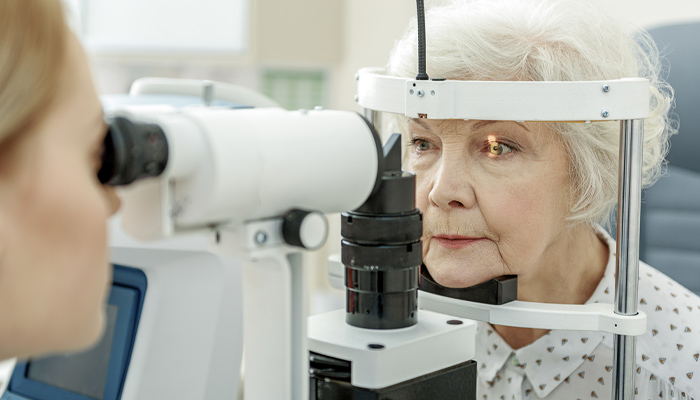
Meet your consultant
I’ll see you before treatment to ensure you’re a good candidate and treat you at one of my facilities in South Wales or Bristol.

Revitalise your eyes
I’ll supervise your aftercare as you begin to experience a life free of cataracts and glasses and contact lenses.
Educate yourself further about lens replacement by reading the links below
The NHS has compared laser eye surgery and lens replacement, and is worth a look
more informationThis 12-page guide provides you with the benefits of refractive lens exchange, as well as the risks and alternatives
more informationPresbyopia is a condition that can make patients undergo a lens replacement – but what exactly is it?
more informationWe are proud to be a part of these professional bodies
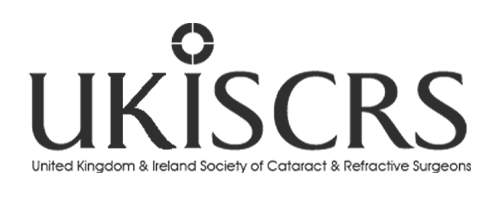
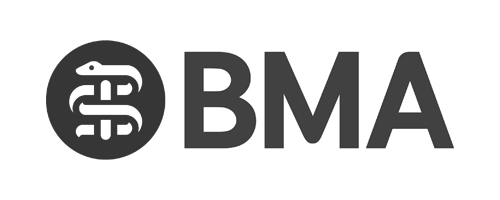
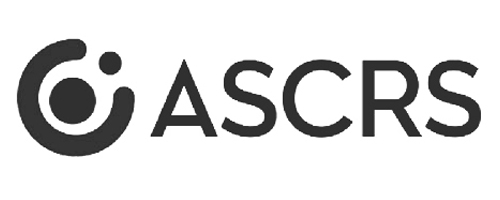

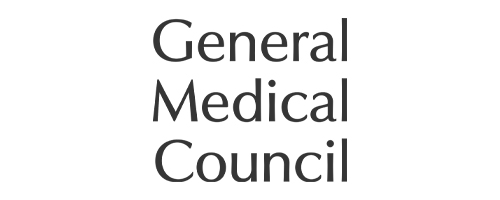


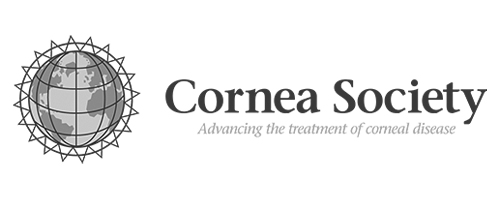
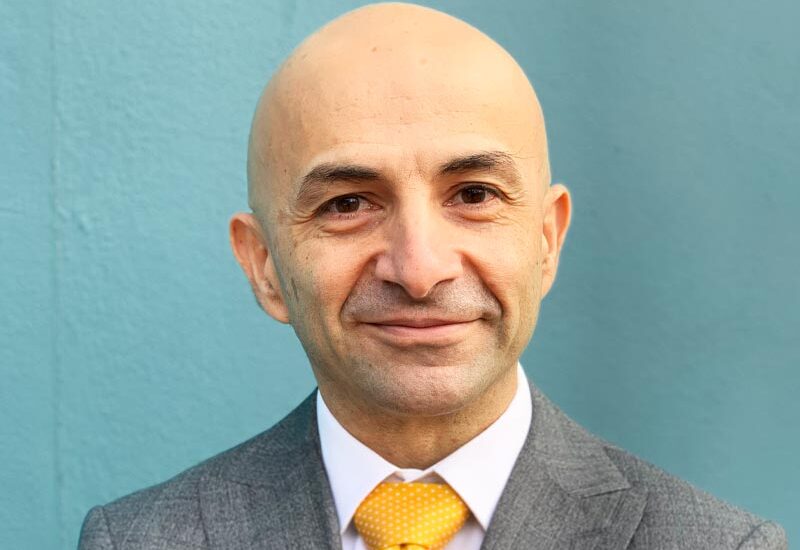
Prof Mohammed Muhtaseb, FRCOphth
Consultant Cornea, Cataract and Refractive Surgeon
Based in South Wales, he is one of the very few ophthalmologists working in the UK who is a fellowship-trained specialist in Cornea, Cataract and Refractive Surgery. He holds full specialist registration with the General Medical Council and was appointed as a Consultant in the NHS in 2006.
Learn more about eye conditions and eye treatments

“I’m not sure this is the right time to do this”
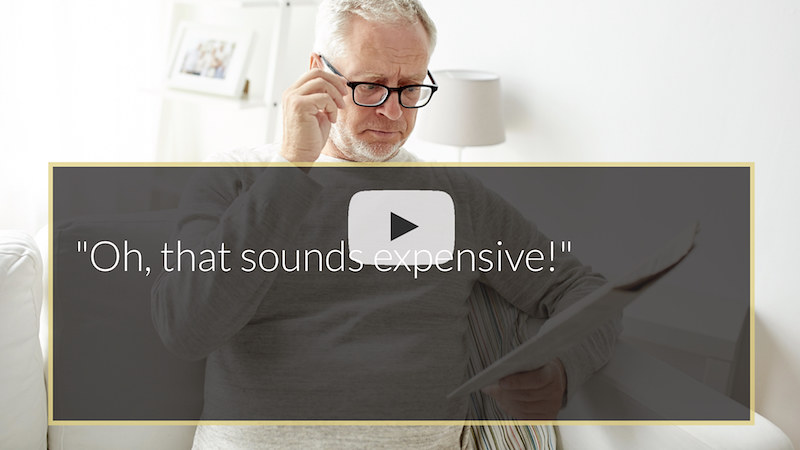

Terrified of Cataract Surgery? 10 Things Patients Are Scared Of.
